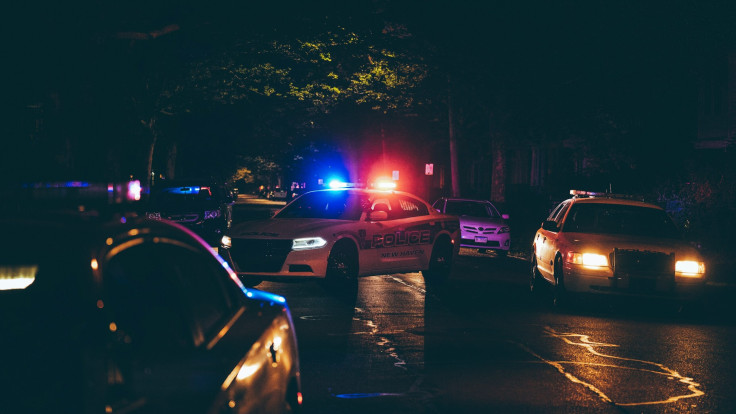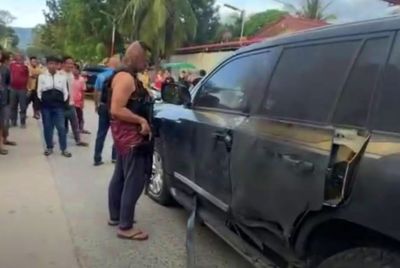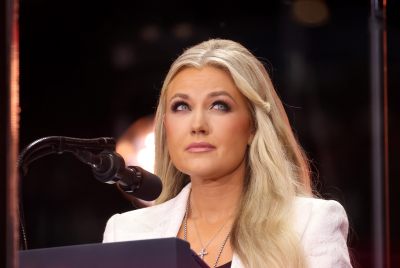Chicago Labour Day Bloodbath: 5 Killed and 30 Injured Days After Trump's National Guard Threat
The holiday weekend shootings reignited tensions between Chicago leaders and the White House over crime, policing and federal intervention.

Chicago was rocked by a bloody Labour Day weekend as more than 20 mass shootings ripped through the city in just 48 hours.
At least five people were killed and 35 others wounded, turning neighbourhoods into crime scenes and igniting fresh debate about the federal government's looming plans to intervene in Chicago's fight against violence.
Chicago Sees Over 20 Mass Shootings
According to WGN9, the shootings struck multiple neighbourhoods, including South Shore, Bronzeville, Pilsen, Humboldt Park, Garfield Park and Altgeld Gardens.
In South Shore, a 25-year-old woman was fatally shot in her apartment late Friday night. Another incident saw a 29-year-old man chased and gunned down from an SUV; he later died in hospital.
A 43-year-old woman was killed by several assailants around 7:45 pm. By early Sunday morning, the death toll grew as a 33-year-old man was shot in the head, and a 46-year-old man died in a triple shooting.
A drive-by in Bronzeville left seven people wounded, most with non-life-threatening injuries. Similar attacks in Humboldt Park and Garfield Park added to the weekend's toll, with multiple victims injured, including a 14-year-old boy.
Chicago's Latest Crime Trend
Despite this grim weekend, broader data reveal a more hopeful trend in Chicago's crime landscape. By mid-August 2025, reports showed a 23% decrease in violent crime compared with the same time in 2024.
Shooting incidents alone dropped by nearly 40%, and homicides saw a 33% fall in the first half of 2025 relative to 2024. These figures show a city that has made progress in tackling violence, though crime levels remain higher than the average for other major cities in the US.
The weekend mass shootings stand as exceptions amid these improving statistics.
Mass Shootings Happened Amid Trump's Military Deployment Threats
The spike in violence coincided closely with US President Donald Trump's public threats to deploy the National Guard and federal agents to Chicago. His administration has planned for the possible deployment of thousands of troops as soon as September, aiming to supplement local forces against rising crime and immigration issues.
Trump sharply criticised Chicago's leadership as 'incompetent' and warned Governor JB Pritzker to 'straighten it out, fast, or we're coming.' The proposed federal intervention follows similar controversial deployments in Washington, DC, and Los Angeles, prompted by claims of worsening urban crime.
Chicago Resists Trump's Threats
Chicago has launched a strong campaign opposing federal intervention, The Washington Post reported. Mayor Brandon Johnson signed an executive order directing police not to cooperate with any National Guard or federal agents sent to the city.
His order demands clear identification for any such personnel and forbids mask-wearing to avoid confusion with Chicago officers.
Johnson condemned the planned military presence as 'unconstitutional and illegal' and vowed to protect Chicago streets from 'military checkpoints or armoured vehicles.'
Governor Pritzker echoed this stance, calling the intervention a 'dangerous power grab' and accusing Trump of political manoeuvring ahead of the 2026 midterms. City officials argue that Chicago's progress in reducing crime makes such heavy-handed federal action unnecessary and potentially harmful to community trust.
The violence over Labour Day weekend underscored deep challenges facing Chicago in public safety. Yet, the city's broader efforts to curb crime contrast sharply with the recent shootings.
© Copyright IBTimes 2025. All rights reserved.





















